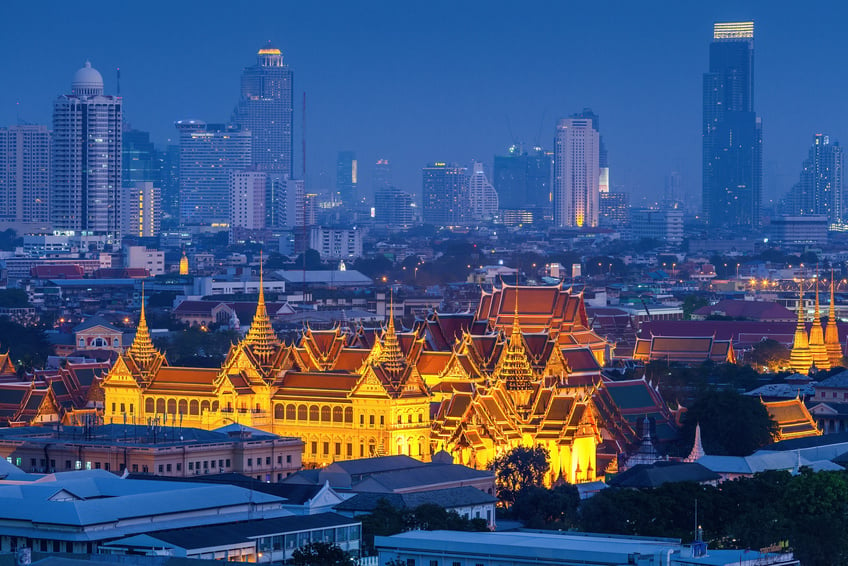Thailand is taking the next step towards strengthening the legal framework on air quality control as the Cabinet approved in principle the Draft Management for Clean Air Act (“Clean Air Bill”), which was proposed by the Ministry of Natural Resources and the Environment (MONRE) on 28 November 2023. Thailand’s current legal framework to manage air quality can be seen in many existing laws that regulate the monitoring and treatment of air pollution, and specify air quality standards. There are many governmental agencies acting as regulators for the purpose of air quality control, including the MONRE, the Ministry of Industry, and the Ministry of Public Health.
With increasing awareness of carbon capture and storage (CCS) technology as a key enabler for decarbonization, many developments in this area, such as exploration for carbon storage sites, have been reported. However, presently, in Thailand, there is no legislation specifically governing such CCS-related activities. In this context, the Department of Mineral Fuels has been developing a legal framework to accommodate CCS-related activities as can be seen from the recent public hearing of the draft amendment to the Petroleum Act, B.E. 2514 (1971) (“Draft Petroleum Act”), which aims to introduce the concept of “carbon business” as another regulated activity in a similar manner to conventional petroleum concessions.
As a key step in combating the climate change crisis, the Thai government has recently established the Department of Climate Change and Environment within the Ministry of Natural Resources and Environment. This central government agency is dedicated to focusing on the country’s climate change efforts.

